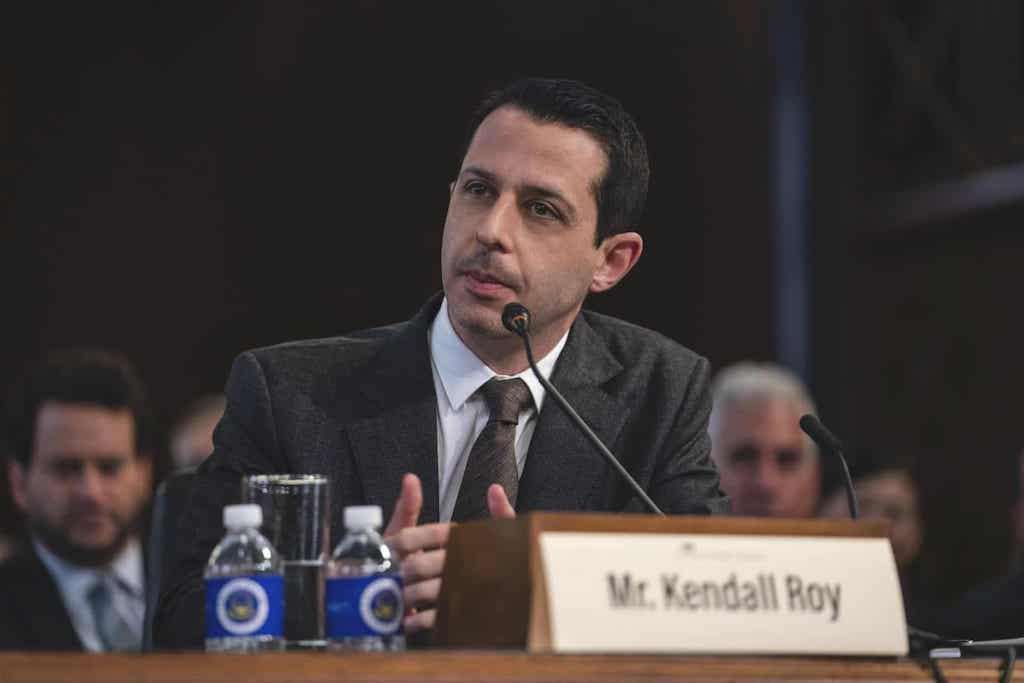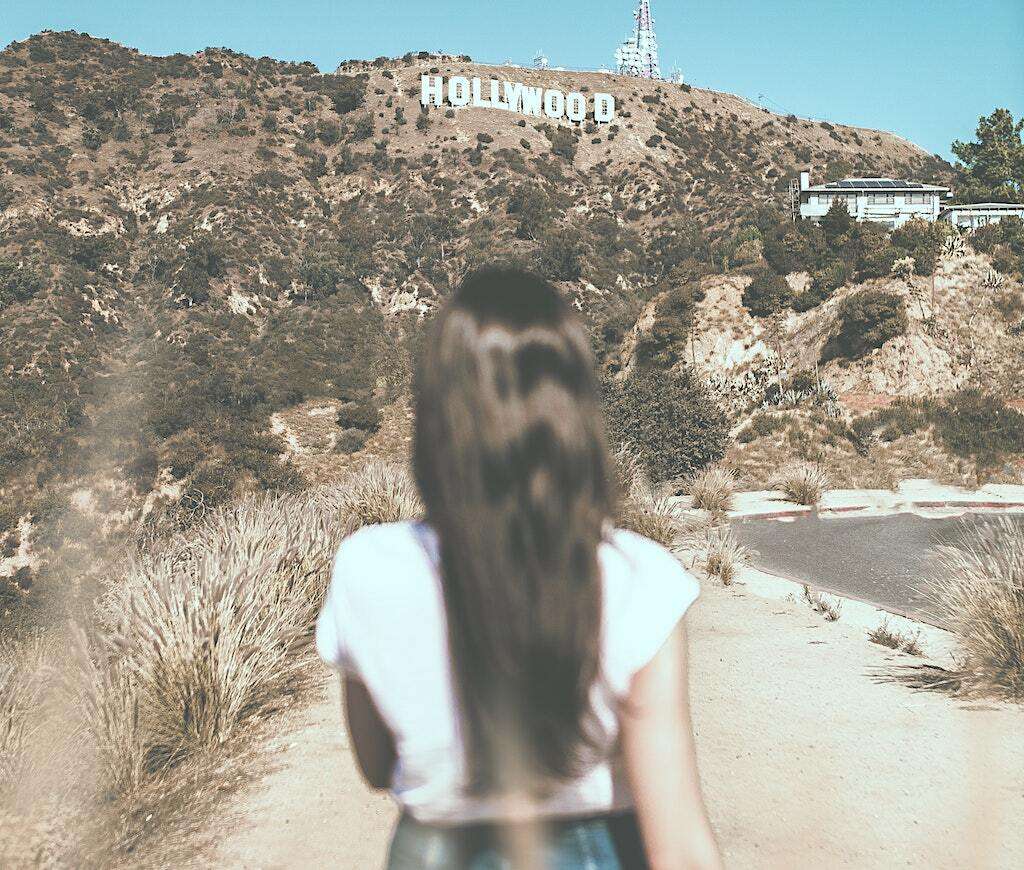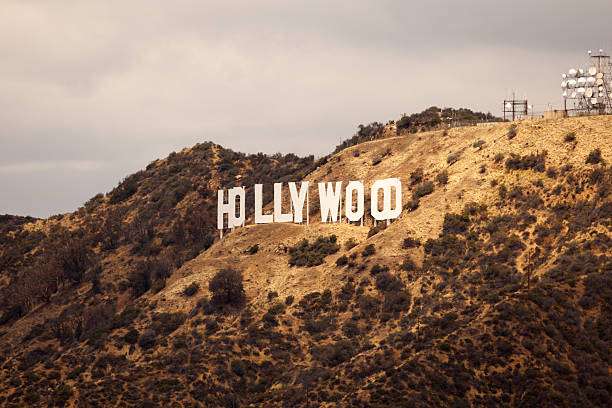Ahead of the Hollywood Climate Summit next week in Los Angeles, we take a look at the impact the film and television industries have on the planet.
Do you know how much carbon dioxide a feature film produces? (Hint: it’s a lot.) What about how many recent scripts actually include language about climate change? Did you also know there are writing competitions specifically looking for works about climate change? Read on for more important facts about Hollywood and the climate crisis.

1. Film and TV productions take a lot of energy to make!
According to the Sustainable Production Alliance’s Carbon Emissions Report, the average emissions per tentpole feature film is 3,370 metric tons, that’s the equivalent of the average emissions of 70 U.S. households for the entire year. Companies like Earth Angel and Scriptation are leading the entertainment industry in incorporating sustainable practices such as- reducing paper use, diverting waste, material reuse and recovery, energy efficiency, and ethical sourcing.
2. Some of your favorite studios have major sustainability initiatives.
- Universal Filmed Entertainment Group announced the GreenerLight Program, an initiative focused on embedding sustainability across the entire filmmaking process through development, production and distribution.
- Netflix’s sustainability team curated a list of 200 series, films, and specials called “Sustainability Stories” that help audiences better understand climate issues and highlight hopeful solutions around sustainability, or both. In 2022, 165 million households around the world — more than 70 percent of members — chose to watch at least one story.
- All of HBO’s scripted fiction shows where they are the lead producer such as Euphoria, Succession, White Lotus, regardless of where they shoot globally, have to adhere to the HBO Green program which consists of six categories: fuel, energy, waste, materials, community and on screen.
3. Storytelling is an essential tool for climate activism and education.
In Solitaire Townsend’s Forbes recent article “Change The Story, Save The World? Let’s Flip The Script On Climate” she insists that stories might matter more than settling goals. Or at the very least, for goals to have a chance of succeeding, they’ve got to have better stories around them. According to research by Stanford University, “Stories are remembered up to 22 times more than facts alone.”

4. Despite the climate emergency affecting our daily reality, we still have a long way to go to see the climate emergency reflected on our screens in our fiction stories.
The USC Norman Lear Center Media Impact Project and Good Energy analyzed 37,453 TV and film scripts from 2016-2020 and found that only 2.8 percent of all scripts included any mention of 36 climate-related keywords, and only 0.6 percent of scripted TV and films mentioned the specific term “climate change.”
5. There are many groups working to advocate for climate action in Hollywood and educate and connect creatives with frontline climate activists, scientists, and policymakers.
The Hollywood Climate Summit is an annual convening that creates a community space for thousands of cross-sector entertainment and media professionals to take action on climate. The conference is produced by YEA! Impact, a social impact agency This year, The Academy of Motion Picture Arts and Sciences is a presenting partner, and will be hosting the in person event, the conference will also be available online with special virtual experiences. Get tickets for this year’s summit June 21-24. There are also many climate leaders within the entertainment industry itself. Earlier this year, this list of 68 Climate Leaders Changing the Film And T.V. Industry was published on Forbes.
6. There are several organizations helping to inspire screenwriters and storytellers to imagine intersectional, just, and joyful ways forward.
Many storytellers are embracing the challenge to integrate climate events, themes, and storylines into their screenplays. Here are some writing opportunities to keep an eye on if you’re a writer!
- Writing Climate Pitchfest by The Hollywood Climate Summit
- The Climate Storytelling Fellowship by the NRDC, The BlackList, The Redford Center, and CAA Foundation
- Grist’s Climate Fiction Competition
- Hollywood Health & Society’s Blue Sky Scriptwriting Contest
7. We need new stories.
You probably have an idea of what an “environmental or climate” story is. We’ve seen a lot of the same thing, nature documentaries, apocalyptic action movies, or animated kids films about animals. Don’t get us wrong, we love all those movies and they are successful because audiences love them too. However, we need fresh voices and perspectives in the ways stories are told and who is telling them. Groups like Nia Tero, The Redford Center, If Not Us Then Who, Working Films, and DocSociety are supporting the independent creation of stories of all formats and genres, encouraging projects that expand our ideas of what an environmental or climate story can be.

8. “Hollywood” is a global creative ecosystem and international leaders are joining together to create industry mandates and agreements.
Initially conceived by the President of the UN General Assembly, there is a global collaborative initiative to unite the cultural sector on shared climate goals and solutions, the Entertainment and Culture for Climate Action (ECCA.) ECCA has brought together stakeholders in the film and television sector and plans to expand to include all entertainment and culture including theater, music, performing arts, and visual arts.
9. Celebrities are amplifying grassroots climate activists and organizations.
There are celebrities who are doing tremendous work in passing the mic to climate activists and using their platform to promote climate action. Jane Fonda is currently working with Last Chance Alliance, an alliance of 900+ organizations united to urge Governor Gavin Newsom to: STOP new fossil fuel permits, DROP existing oil drilling, and ROLL out health and safety buffers. Billie Eilish included climate activists in her Vogue feature.
10. Los Angeles is also a site of an important environmental justice fight.
Surprising to most people, and hidden in plain sight, Los Angeles itself remains the largest urban oil field in the country. However, after a decade of organizing and advocacy, from groups like StandLA and Communities for a Better Environment, LA City Council passed an ordinance to phase out oil drilling across the City becoming the first major city to do so. However, oil industries continue to fight back and have several years to do so as they must phase out existing wells over a period of five years.
Related on Ethos:


